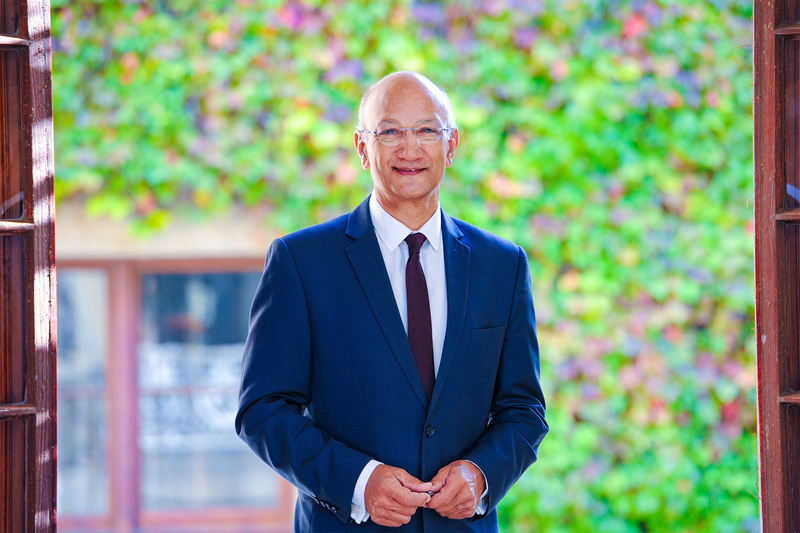Public statements and protests by members of the UCT community
10 January 2024 | Emer Prof Daya Reddy
Dear colleagues and students
At any given time, now more than ever, we are confronted with events at local, regional or global levels that threaten peace, the well-being of citizens, and often their survival. These touch us in different ways, as individuals, and often lead to responses in the form of expression of opinions or solidarity, or moral outrage, in line with our personal positions and values. As members of a university, a community of scholars and thinkers, we have a special responsibility in determining the manner in which we respond: in an informed and responsible way, and one in which we exercise intellectual and moral leadership.
Current events in the Middle East are a case in point. The conflict in Israel and Gaza has elicited strong reactions, at the University of Cape Town (UCT) and beyond, with individuals or groups vigorously exercising their rights in asserting their views. This is what one expects of members of a university.
There is then the further question: on whose behalf are we speaking? And to what purpose? It is entirely appropriate for a formally constituted body to engage in an active and informed manner on current issues, to debate the issues at hand, and to pass resolutions following normal processes that may lead to a statement on behalf of the body. Thus, Senate at its meeting on 17 November 2023 passed a resolution on the Middle East conflict. This was published through university platforms, and reported on in the media. And Council, at its meeting on 6 December 2023, adopted a statement on the conflict and its consequences; this too was widely published.
We enjoy constitutional protection of freedom of expression. This freedom is however not untrammelled – it must not extend to hate speech, racism, religious intolerance, or incitement to violence.
Council’s Policy Statement on Public Pronouncements by members of the university is clear on who may speak on behalf of the institution. This right is reserved for, among others, the Chair of Council, the Vice-Chancellor, deans (on behalf of their faculties) and heads of department (on behalf of their departments). Likewise, there are clear guidelines around the use of the UCT logo.
It is useful to consider our institutional role in providing guidance and leadership on current events. Civil society expects us to provide informed and balanced commentary on matters of public interest, to enlighten, to cut through the thickets of misinformation, to apply our minds through analysis and synthesis towards understanding, and to contribute towards achieving solutions that have broad support. To do this effectively requires respectful engagement that takes into account different perspectives, with UCT’s values placed centrally, and with the essence of academic freedom at its core. Doing so in the interests of UCT requires us to value all members of our university, to build a cohesive community, and to acknowledge and celebrate our diversity of culture and views.
Furthermore, UCT strongly upholds the constitutional right to legitimate protest on campus. But any such protest action has to be within the bounds of what is lawful. The right to protest should not infringe on others’ rights, including the right to freedom of movement; nor should it result in unlawful and/or violent acts affecting other members of the UCT community or university property; or interfere with university business.
I urge members of the university community, when embarking on protest action at any time, and for whatever reason, to do so in a manner that is mindful of the equally important responsibilities that accompany the right to legitimate protest action.
I encourage and challenge each of us, as members of UCT, to contribute through our public statements and actions in a way that builds cohesion and recognises our rich diversity; and to conduct ourselves in accordance with the prescripts of lawful protest.
Sincerely
Emer Prof Daya Reddy
Vice-Chancellor interim
Read previous communications:
 This work is licensed under a Creative Commons Attribution-NoDerivatives 4.0 International License.
This work is licensed under a Creative Commons Attribution-NoDerivatives 4.0 International License.
Please view the republishing articles page for more information.








